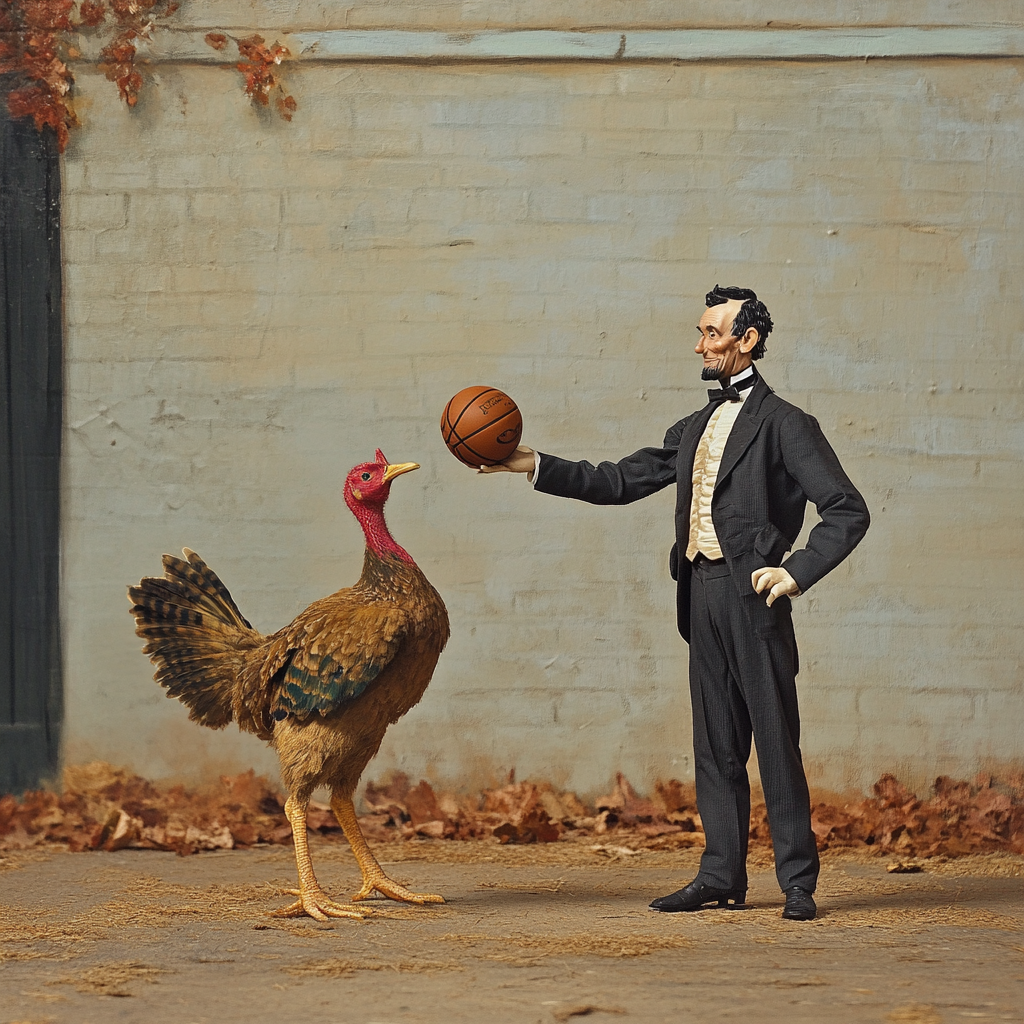

THE LEAFLET
November 28 2024
mercy and sobriety, your power, ask and answer “who is doing this best?”
MERCY AND SOBRIETY
Over the last three months, I’ve had a total of 4 drinks. This has been a creeping experiment - I didn’t set out in advance to stop drinking altogether.
My quasi-sobriety hasn’t resulted in a sea change in my health or my felt well-being. The differences day to day have been both subtle and obvious. Obviously, I don’t have hangovers now. Subtly, I find myself a servant to new masters. I am at the mercy of something else. A central relationship in my life has now moved to the periphery, out of the slippery patterns of management and into the even more slippery patterns of memory.
I am better for this, in ways I sense but can’t yet really see.
What does this have to do with management and leadership and organizations doing stuff? Leaders bear many responsibilities. A challenging one is seeking strong results in the context and culture you have. Alongside that responsibility is one that might be even more challenging, dependent on a blend of your intuition and the data/feedback/phenomena beyond you: identifying the chosen constraint that no longer serves you and loosing yourself from it.
The recurring stuff in our worlds, the habits and repeat players, bring their native logic and power to bear on you. Over time, you put yourself at their mercy. They discipline you. They teach you to see the world a certain way, to see one set of options as tractable and ignore others altogether.
-eric
Read the rest here.
YOUR POWER MAY MAKE YOU HARD TO READ
Like to admit it or not, becoming a leader means no longer being “just one of the gang.” Having power makes people search for cues about our judgment of them in every detail of our interactions with them. Having trouble with people treating your I’m thinking face as more of a they think I’m stupid face? In other words, do people sometimes mistakenly code your neutral consideration for negative frustration? These power dynamics may be to blame.
To fix this, try an experiment. In each interaction this week, when considering ideas in meetings with your direct reports, intentionally try to signal positivity as you think. For instance, smile and affirm before pausing to think.
Great teachers are instinctively good at this: When students take academic risks — and make academic mistakes — a great teacher’s smile will never break. Seasoned teachers are well attuned to the emotional needs of their students and, critically, feel ownership of handling those needs responsibly.
Your power over your direct reports both makes them more searching for your reaction and makes you more on-the-hook for handling that well. You may not want to acknowledge that power differential. The ones most likely to code your neutral reactions as negative ones are also the people most keenly aware of the power differential.
-ben
Read the rest here.
ASK AND ANSWER: “WHO IS DOING THIS BETTER THAN ANYONE RIGHT NOW?”
Some of the most effective leaders I’ve worked with have a strong competitive streak. Unsurprisingly, these cats were often athletes or debaters in school. A commitment to their mission and a personal desire to outdo others leads them to ask, “who in our world is doing this very best right now?” and sometimes “who in our world has done this better than anyone else in history?” Then they chase results that go beyond those of the prior top dog.
The effective askers of this question get serious about the answer. Often they have to commission research and conduct interviews to get a firm, quantitative answer. Sometimes their design work has led them to an area where there isn’t a ton of history or their peer group is small.
From what I’ve seen, defining the “best in class” or “best of all time” is time and energy well-spent. It can make hazy ambition tractable and clear, so you’re not gesturing at a vague standard - you’re playing a game with clear rules and a path to victory.
-eric
Read the rest here.
COMPELLING QUOTES
Historian Sharon McMahon on leading change:
Being at the forefront of progress has always come with a certain amount of fear—you're asking people to abandon comfort for the sake of growth. It's like asking people to follow you into the wilderness for the promise of a better tomorrow.
Essayist Sheila Heti on ambition:
I like the jellyfish because it has no brain or heart. It’s just a thing that takes in the ocean through its mouth. I like that kind of ambition and simplicity.
1st Earl of Halifax Edward Wood on merit:
True merit, like a river, the deeper it is, the less noise it makes.
Keep going, keep growing,
Ben & Eric